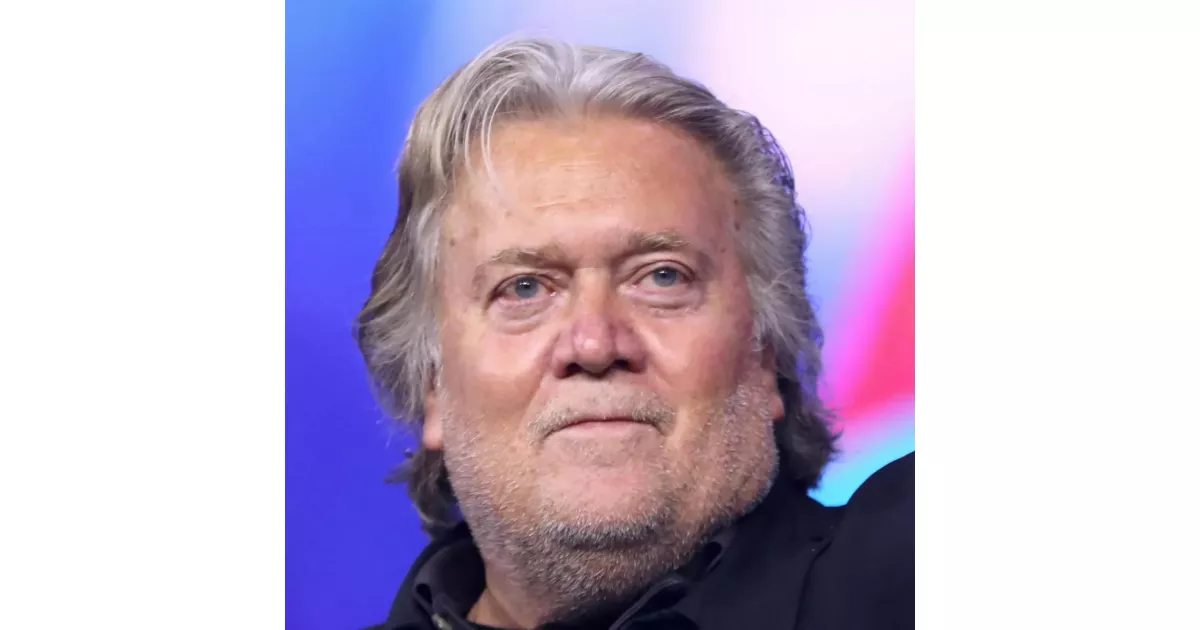How education and upbringing influenced the life of Steve Bannon. A timeline of key moments.
Steve Bannon is an American media executive, political strategist, and former investment banker. He is known for his role as the White House's chief strategist during the initial months of Donald Trump's presidency. Prior to his White House role, Bannon served as the executive chairman of Breitbart News, a conservative news and opinion website. Since leaving the White House, he has continued to be a prominent voice in conservative media, hosting the 'War Room' podcast since 2019.
November 27, 1953: Stephen Bannon's Birth
On November 27, 1953, Stephen Kevin Bannon was born in Norfolk, Virginia.
1971: Graduated from Benedictine College Preparatory
In 1971, Bannon graduated from Benedictine College Preparatory, a private, Catholic, military high school in Richmond, Virginia.
1976: Graduated from Virginia Tech
In 1976, Bannon graduated from Virginia Tech College of Architecture and Urban Studies with a bachelor's degree in urban planning.
1980: Deployed to the Persian Gulf
In 1980, Bannon was deployed to the Persian Gulf to assist with Operation Eagle Claw during the Iran hostage crisis.
1983: Earned Master's Degree from Georgetown University
In 1983, while serving in the navy, Bannon earned a master's degree in national security studies from Georgetown University School of Foreign Service.
1985: Earned MBA from Harvard Business School
In 1985, Bannon earned a Master of Business Administration degree with honors from Harvard Business School.
1988: Birth of Daughter Maureen
In 1988, Steve Bannon and his first wife, Cathleen Suzanne Houff, had a daughter, Maureen, and subsequently divorced.
April 1995: Second Marriage to Mary Louise Piccard
In April 1995, Steve Bannon married Mary Louise Piccard, a former investment banker. Their twin daughters were born three days after the wedding.
1997: Dissolution of Second Marriage
In 1997, Mary Louise Piccard filed for dissolution of her marriage to Steve Bannon.
2006: Third Marriage to Diane Clohesy
In 2006, Steve Bannon married model Diane Clohesy.
2008: Bannon's views on the Establishment
In 2008, Bannon expressed his disillusionment with the establishment after seeing how George W. Bush had "fucked up as badly as Carter."
2008: Financial crisis impact to views
In 2008, the financial crisis influenced Bannon's views.
2008: Financial Crisis
Steve Bannon has also criticized bail outs for big banks and is angered by the fact that Wall Street banks have not been held accountable for the financial crisis of 2008, which he says fueled populist fury and groups such as the Tea Party.
2009: Divorce from Diane Clohesy
In 2009, Steve Bannon divorced Diane Clohesy.
2014: Bannon criticizes Wall Street at Vatican conference
In 2014, during a conference at the Vatican, Steve Bannon criticized Wall Street for its role in the 2008 financial crisis.
2015: Bannon opposes Syrian refugee resettlement
In 2015, Steve Bannon expressed opposition to resettling any refugees of the Syrian Civil War in the U.S.
2015: Interview on Political Views
In a 2015 interview, Bannon said that the failure of Operation Eagle Claw marked a turning point in his political worldview.
2016: Bannon asserts legal immigration is the beating heart of the immigration problem
In 2016, Steve Bannon asserted that illegal immigration was "horrific" but that legal immigration was "the beating heart of this problem", adding that levels of legal immigration to the U.S. were "scary"; and that legal immigrants had "kinda overwhelmed the country".
2016: Bannon compares himself to Thomas Cromwell
In an interview with The Hollywood Reporter in the aftermath of the 2016 election, Steve Bannon analogized his influence with Donald Trump to that of "Thomas Cromwell in the court of the Tudors".
2017: Bannon Believes there is no military solution to North Korea crisis
In 2017, Steve Bannon believes "there is no military solution" to the 2017 North Korea crisis.
2017: Bannon warns against gun control
In 2017, following the Las Vegas shooting, Steve Bannon warned Trump against any shifts towards gun control, saying that it would be the "end of everything."
January 2018: Bannon's Ideological Affiliations
In January 2018, The Guardian reported that Steve Bannon's ideology is similar to that of Stephen Miller, Tucker Carlson, Benny Johnson, Raheem Kassam and Matthew Boyle.
December 2023: Bannon Advocates for Arming Children
In December 2023, Steve Bannon advocated for integrating gun classes into school curriculums, suggesting it would help children defend themselves against bullies.
May 2025: Bannon Describes Team as Neo-Brandeisians
In May 2025 Steve Bannon described his team as being Neo-Brandeisians and advocated in favor of Lina Khan's administration of the FTC.
May 2025: Bannon Opposes Anti-BDS Laws
In May 2025, Steve Bannon voiced opposition to a bipartisan proposal that would expand anti-BDS laws punishing the boycott Israel.
Mentioned in this timeline

Donald John Trump is an American politician media personality and...

Vladimir Vladimirovich Putin is a Russian politician and former intelligence...
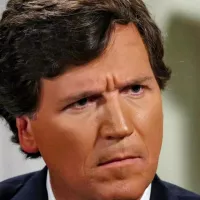
Tucker Carlson is an American right-wing political activist and commentator...
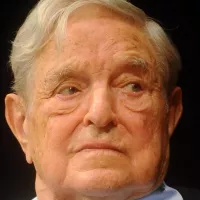
George Soros is a Hungarian-American investor and philanthropist with a...
Facebook is a social media and networking service created in...

George W Bush the rd U S President - is...
Trending
2 hours ago Prince William discusses mental health, male suicide, and talking to his children.
2 hours ago Eva Marcille Remarries Ex-Husband Plus ANTM and Netflix Documentary Updates
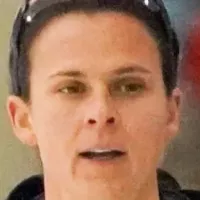
2 hours ago Brittany Bowe and Hilary Knight, Team USA Stars, Announce Engagement at Olympics
2 hours ago Trump Launches 'Board of Peace' with Gaza Pledge, Allies Expressing Wariness and Distrust.
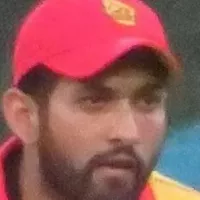
2 hours ago T20 World Cup: Australia's struggles, Pakistan advances, and rain impacts matches.

2 hours ago Rublev vs Tsitsipas: Qatar ExxonMobil Open Prediction, Odds, and Preview for 2026
Popular

Jesse Jackson is an American civil rights activist politician and...
Randall Adam Fine is an American politician a Republican who...

Pam Bondi is an American attorney lobbyist and politician currently...

Barack Obama the th U S President - was the...

Martin Luther King Jr was a pivotal leader in the...

Ken Paxton is an American politician and lawyer serving as...
